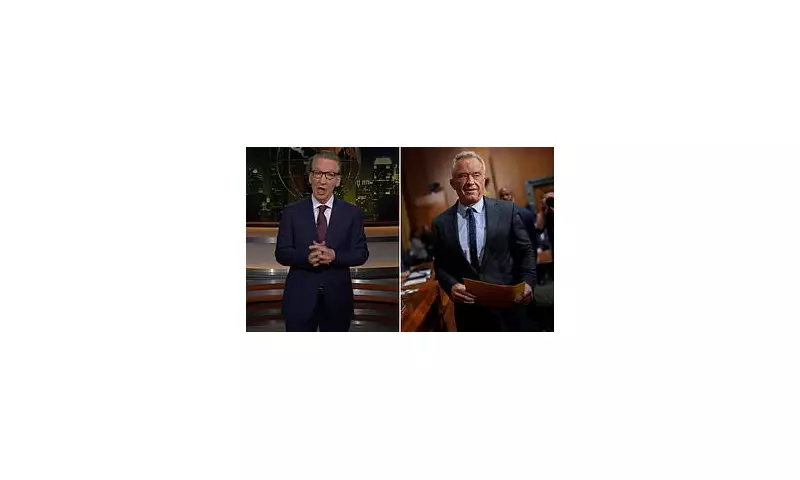
In a blistering segment on his flagship HBO show 'Real Time,' veteran political commentator Bill Maher launched a scorching critique against presidential hopeful Robert F. Kennedy Jr., directly challenging his long-held anti-vaccine stance and what Maher termed 'dangerous disinformation'.
The confrontation, which has since gone viral, saw Maher dismantle Kennedy's arguments with a mix of exasperated wit and hard data. The host expressed particular frustration with Kennedy's continued peddling of debunked theories linking vaccines to autism, a claim originating from a long-retracted and fraudulent study.
'You're Wrong on the Facts': Maher's Methodical Takedown
Maher, no stranger to controversial opinions himself, adopted a position of scientific pragmatism. He argued that while healthy scepticism of large pharmaceutical companies is warranted, outright rejection of settled science is a bridge too far.
"You're not a civil liberties hero for being anti-vax; you're just wrong on the facts," Maher asserted, addressing his guest directly. He emphasised the overwhelming consensus within the global medical community on the efficacy and safety of vaccines, which have eradicated deadly diseases like polio and smallpox.
The Heart of the Controversy: Covid-19 and Beyond
The debate inevitably turned to the Covid-19 pandemic. Maher pressed Kennedy on the real-world impact of his rhetoric, suggesting that the propagation of vaccine hesitancy has undoubtedly cost lives. He criticised Kennedy for cherry-picking data and relying on marginal, discredited studies to support a pre-determined narrative.
Kennedy, a prominent figure in the anti-vaccine movement, defended his right to question official narratives and big pharma. However, Maher remained unconvinced, drawing a clear line between sceptical inquiry and the outright denial of empirical evidence.
A Clash of Ideologies in the Democratic Arena
This televised clash highlights a significant ideological rift within the broader political landscape. Maher's liberal pragmatism butted heads with Kennedy's brand of conspiratorial populism, a battle increasingly common in modern political discourse.
The segment concluded with no meeting of minds, but it provided a stark illustration of the ongoing struggle between evidence-based policy and misinformation. For viewers and political analysts alike, it was a prime-time example of the challenges in communicating complex science in a polarised era.





